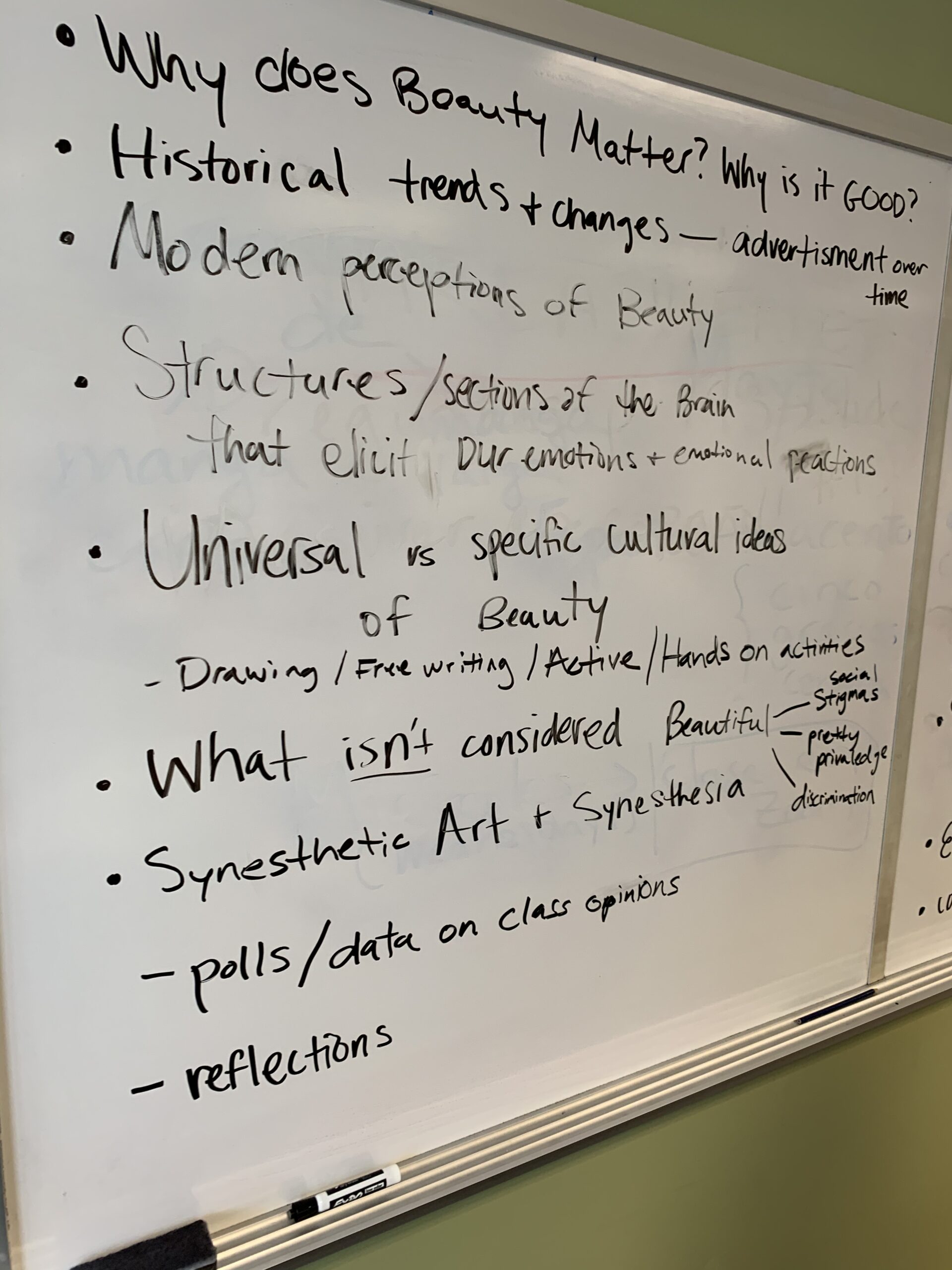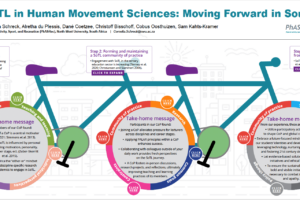
Letting Go of Grades: Creating an Environment of Autonomy and a Focus on Learning for High Achieving Students
By Eric Hall and Kristina Meinking
In our essay, we explore how a group of high-achieving students described their experience of a course that featured a variation of ungrading.
Our journey to this project was long and winding. Born from the idea of examining the idea of beauty from the perspectives of classical studies and neuroscience, we developed a course for our institution’s honors program, one of the few spaces that supports interdisciplinary co-teaching. As we crafted the course, we were especially concerned with two questions, namely (1) how might we cultivate a course environment that focuses on the learning process and (2) how might we most effectively evaluate student work in an interdisciplinary context?
We decided on a learner-centered frame and a feedback-only approach to the course, curating a space in which student voices were equal to our own and in which students made significant decisions about the course, its content, and its trajectory. All student work received copious amounts of feedback but no alpha-numeric grades. Multiple reflective writing opportunities (“learning charters”) helped us to create meaningful written conversations with our students. It’s from these documents that we draw much of the qualitative data discussed in the essay.
By de-centering grades and focusing on the students’ learning process and experience, we found that students were more likely to engage in intellectual risk-taking, explore the discomfort of an unfamiliar interdisciplinary space, and embrace what many identified as a hitherto lost affirmation of their love for learning. As we reflect on the experience, we find that our journey paralleled that of our students: we, too, were taking risks (informed as they were) and we too were diving into an unfamiliar context, co-teaching a new course together for the first time. We believe that this can only be successful by fostering an environment of respect and vulnerability between all involved—faculty and students.
Read the full TLI article here.




